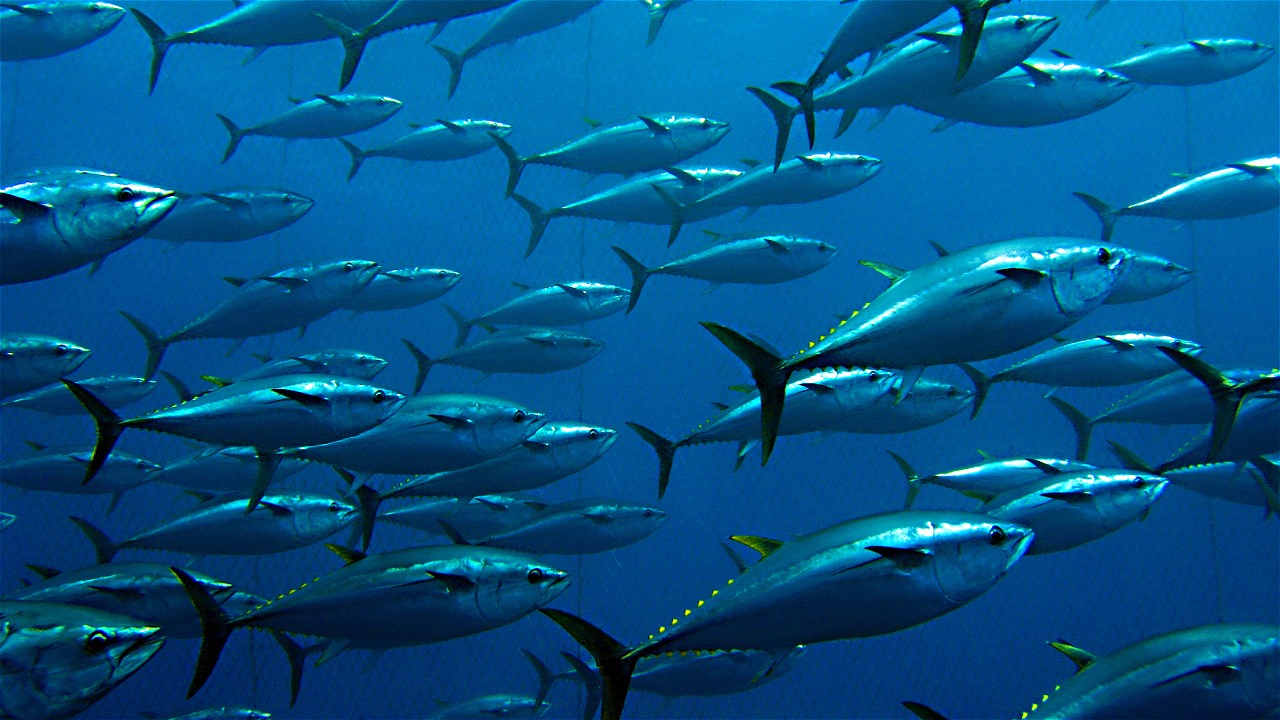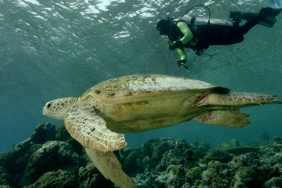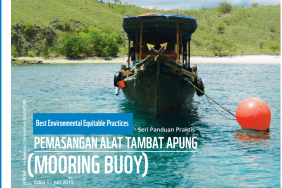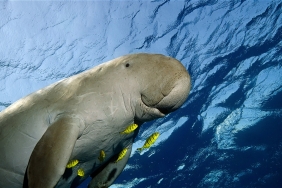BUILDING THE CAPACITY OF REGIONAL APPARATUS IN ECOSYSTEM-BASED FISHERIES IMPROVEMENT IN WEST MANGGARAI
By: Kusnanto (Biodiversity Monitoring and Fisheries Assistant, WWF-Indonesia)
With the status of the utilization rate of fish resources in fisheries management areas (WPP) 713 and 573 in West Manggarai, most of which are exploited at moderate to excessive levels, a fisheries improvement plan is needed through an ecosystem approach.
This is the conclusion of the ecosystem-based fisheries management training organized by WWF-Indonesia together with the Government of West Manggarai Regency and Artha Wacana Christian University (UKAW) Kupang in Labuan Bajo (11-12/04/2017), West Manggarai.
This training is part of the efforts of West Manggarai Regency, East Nusa Tenggara (NTT) to improve its fisheries management through an ecosystem approach to fisheries management (EAFM). This training is a follow-up to the Integrated Class of Regional Apparatus Organizations.
In the class held by WWF-Indonesia together with the local government, the 2016 fisheries assessment showed that fisheries in West Manggarai still lacked EAFM implementation. The assessment emphasized the importance of synergy between sectors to jointly improve and optimize the potential of fisheries, both through the provision of data, evaluation, and recommendations, as well as the adoption of recommendations for improvement in the work plans and budgets of each regional apparatus organization.
The training was attended by 15 local officials who will be the drivers of fisheries improvement through the EAFM approach in West Manggarai, namely the Food Security and Fisheries Service (DKPP) as well as a cross-sector team from Bappeda, the Environment and Hygiene Service, the Cooperative Industry Service (Disperinkop), the Komodo National Park Center, the Labuan Bajo Fish Quarantine Unit, and the Supervision Division of the NTT Provincial Marine and Fisheries Service (DKP).
"We designed this EAFM training to increase the capacity and knowledge of the regional apparatus of West Manggarai Regency who will later become part of the fisheries improvement team. This team will also conduct a review of EAFM performance updates every two years," said Saraswati, representing WWF-Indonesia's hope.
The EAFM performance assessment is conducted in six domains, namely the fisheries resources, fishing techniques, habitat and ecosystem, social, economic, and institutional domains. "It needs to be a common understanding that it is not only the fisheries department that has a role to optimize fisheries potential. Fisheries are also related to the quality of the environment, economic empowerment and fishermen's businesses, fisheries investment, security of marine areas and circulation of marine products, and coastal development planning," explained Donny, a resource person from UKAW Kupang.
In this training, participants were equipped with the knowledge and skills of collecting and analyzing data from the six domains of EAFM. Participants were also trained to formulate recommendations for improvement plans and indicators by considering the identification of priorities, implementation period, and the person in charge of activities.
The EAFM mobilization team will then coordinate for a Decree of the Regent of West Manggarai to oversee the work of the regional apparatus who have participated in this training. It is hoped that, with trained local officials and a regent's decree in place, efforts to improve fisheries in West Manggarai can be carried out in an integrated manner based on strong data and information, as well as strategic improvement recommendations that feed into government work programs and budgets. In the next two years, West Manggarai's fisheries will improve.





